规格
|
|
Detection Method:
|
Mass Spectrometry |
|
Final Product Type:
|
Peptide |
|
For Use With (Equipment):
|
Mass Spectrometer |
|
Product Line:
|
Pierce™ |
|
Starting Material:
|
Protein samples, Cell Lysate |
|
Workflow Step:
|
Protein Digestion |
|
Description:
|
Pierce Asp-N Endoproteinase, MS Grade, |
储存
|
|
Store at -20°C in a nonfrost-free freezer. |
Thermo Scientific Asp-N Protease, MS Grade, is a highly specific endoproteinase used to improve sequence coverage in mass spectrometry protein identification applications.
Features of MS Grade Asp-N Protease:
• Complementary to tryptic digests—hydrolyzes proteins specifically at the amino side of aspartate and cysteic acid residues
• Increased sequence coverage—better protein characterization results from overlapping peptides with complementary chromatographic, ionization and fragmentation properties
• High specific activity—greater than 20,000 units/mg protein
• N-terminal arginine cleavage specificity—at least 90% for a complex protein sample
• Stable—provided in a lyophilized format
Product Details
This Asp-N is a mass spectrometry (MS)-grade zinc metalloproteinase derived from a mutant strain of Pseudomonas fragi and requires a trace amount of zinc for activity. Asp-N can be used alone or in parallel with trypsin or other proteases to produce protein digests for peptide mapping and protein sequencing. Asp-N protease is suitable for either in-solution or in-gel digestion workflows. This Asp-N enzyme is packaged lyophilized (2 µg).
The endoproteinase AspN cleaves primarily at amino side of aspartate residues and cysteic acid residues that result from the oxidization of cysteine residues, generating a limited number of peptide fragments. Cleavage can also occur at glutamic residues; however, the rate of cleavage at the glutamyl residues is significantly lower than the rate of cleavage at the aspartic acid residues. AspN can efficiently digest protein in 2-20 hours at 37°C. AspN remains active under denaturing conditions such as 1M urea, 2M guanidine·HCl, 0.1% SDS, 2% CHAPS and 10% acetonitrile with optimal activity in the pH range of 6-8. This lyophilized enzyme has a mass of 27 kDa and is stable for 1 year when stored at -20°C.
Applications
• Improved sequence coverage of protein digests
• In-solution digestion of proteins
• In-gel digestion of proteins


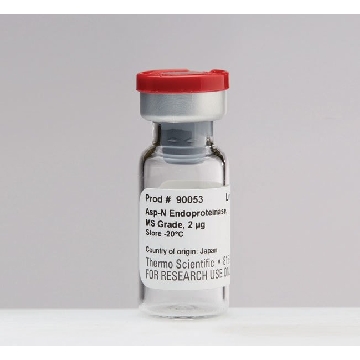
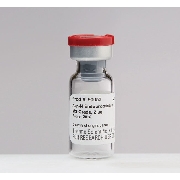
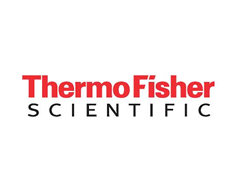

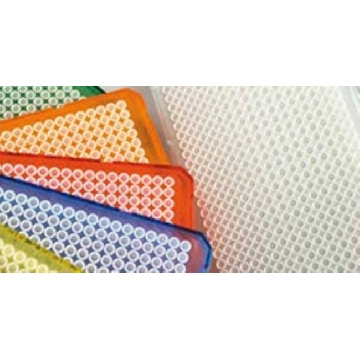

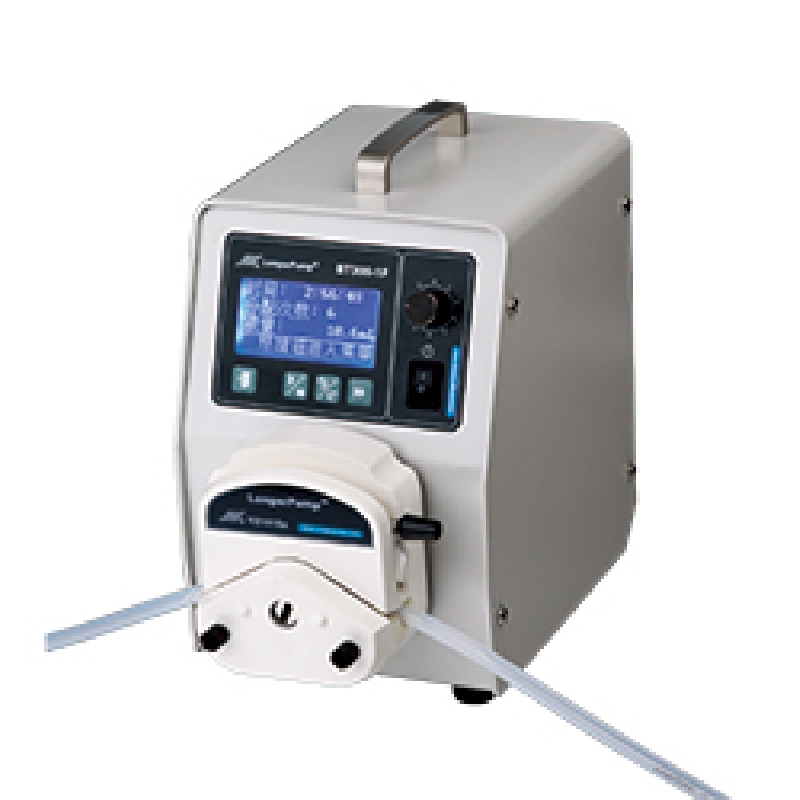
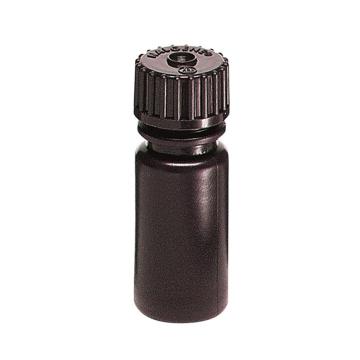
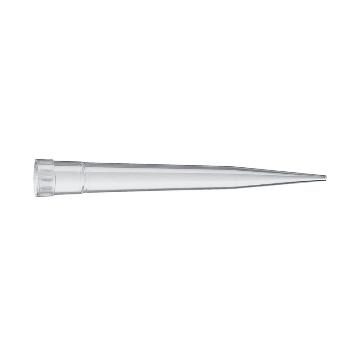
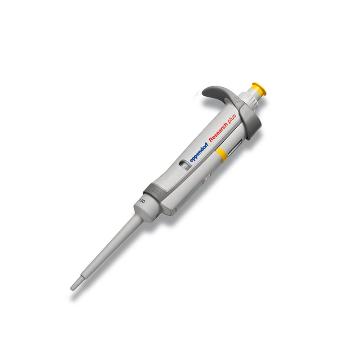

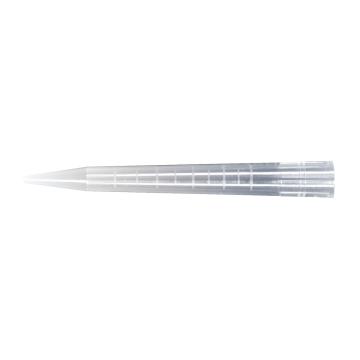
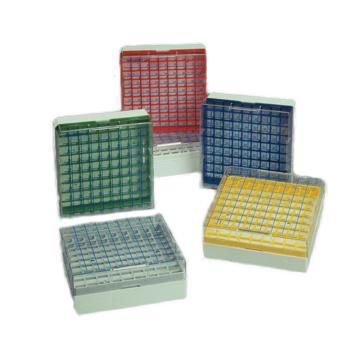
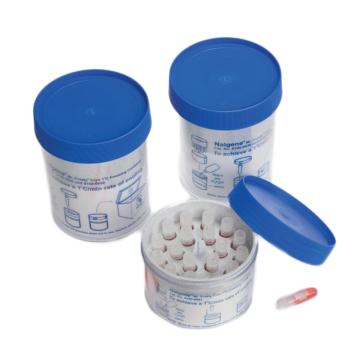
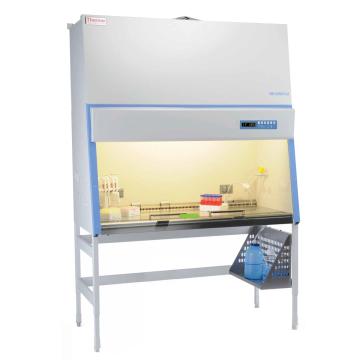
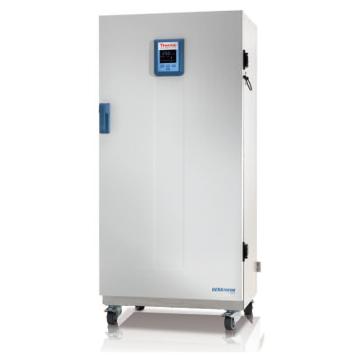
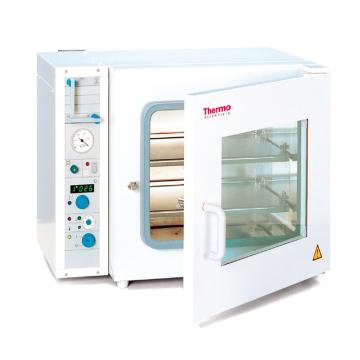
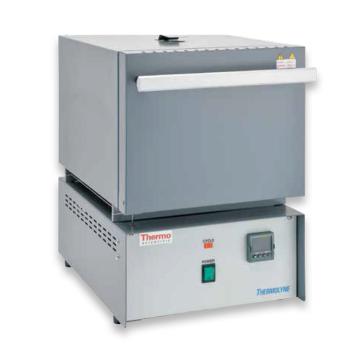
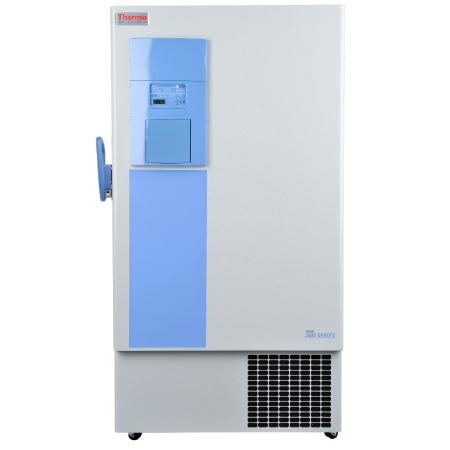









 微信小程序
7X24小时在线咨询
微信小程序
7X24小时在线咨询